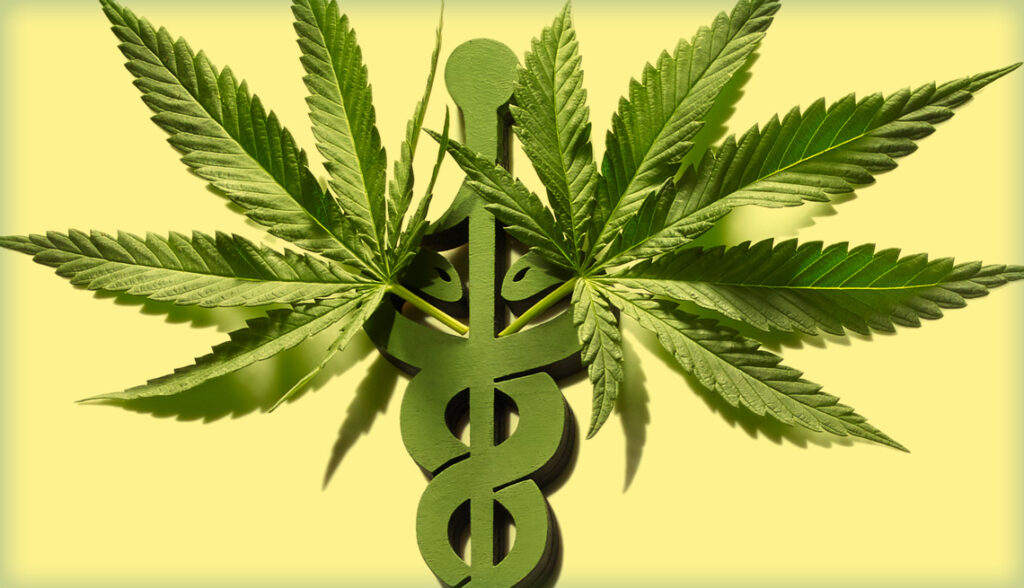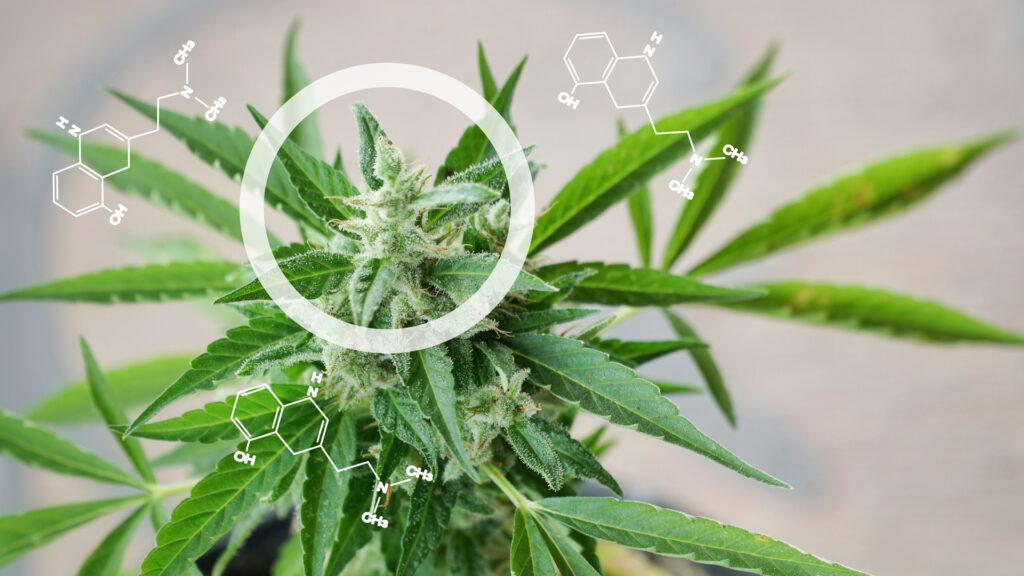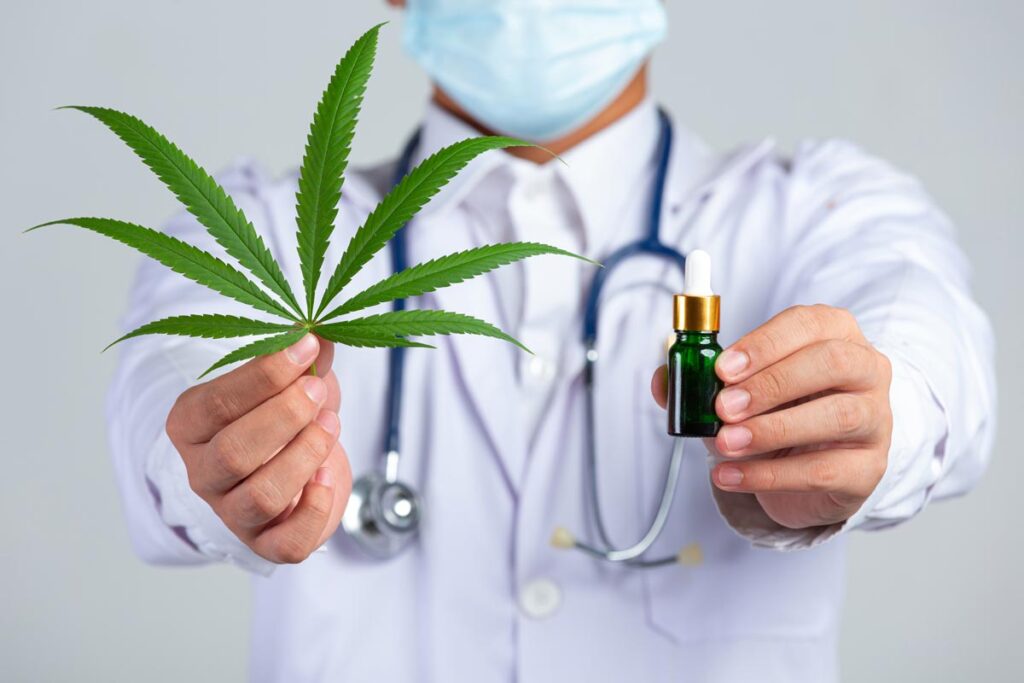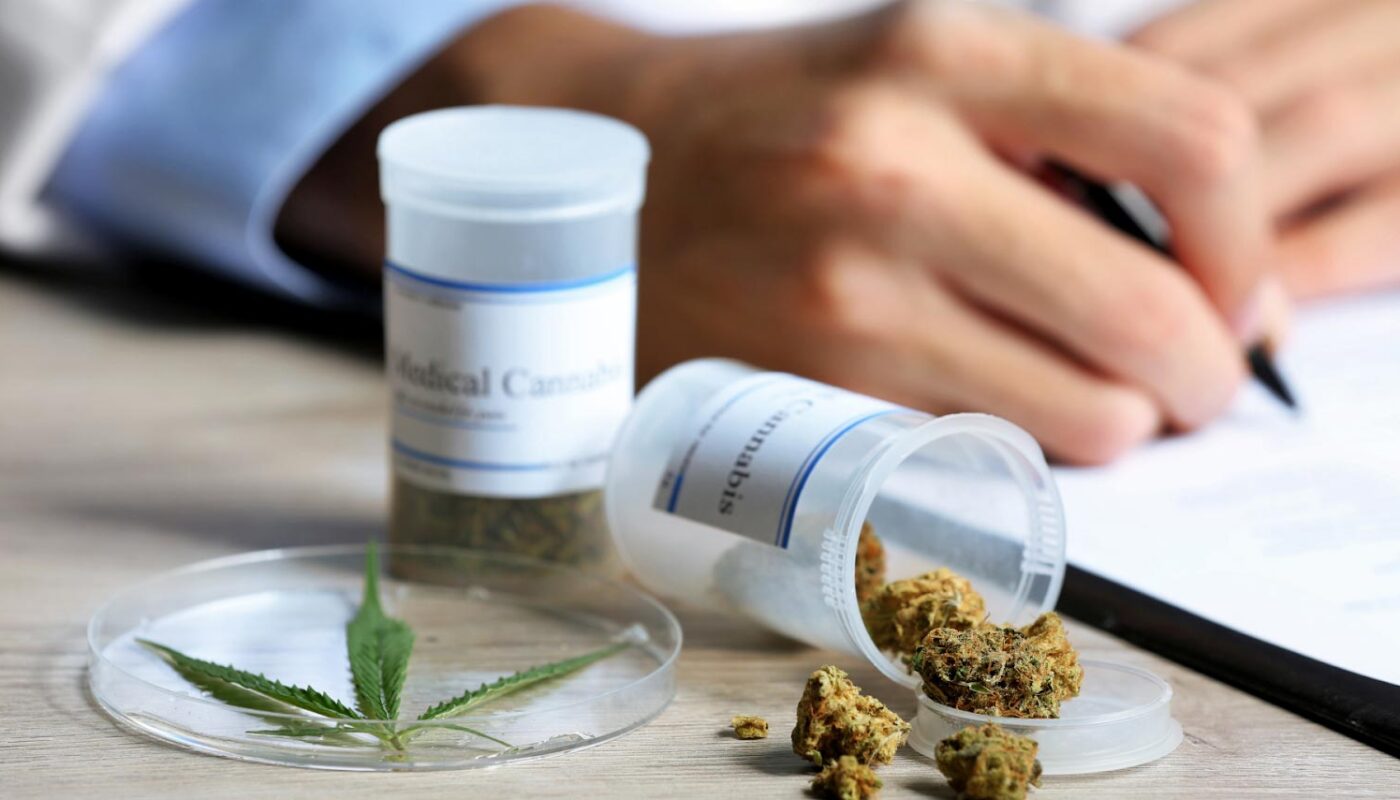Medical marijuana has become a significant part of modern healthcare, providing relief to patients with various conditions. Balancing professional life with medical marijuana use, however, remains a challenge for many. Navigating between medical needs and professional duties requires careful consideration and understanding.
This article will explore the complexities of this balance, with special attention to West Virginia, a state with specific legal considerations regarding medical marijuana. The issue of balancing these two aspects of life is not just a legal matter but a human one, involving real people, real careers, and real health concerns.
Page Contents
Understanding Medical Marijuana

Cannabis, known widely as marijuana, has been utilized for medicinal purposes for centuries. Its active compounds can alleviate symptoms of conditions such as chronic pain, glaucoma, and epilepsy. Yet, there’s more to the story. Understanding the scientific basis of these medicinal properties and how they relate to individual needs is vital.
Society’s perception of medical marijuana has evolved, yet stigmas persist. Breaking down these barriers requires information, empathy, and understanding. This shift is ongoing and reflects a broader change in attitudes toward health and well-being.
Many misconceptions cloud the topic. People often confuse medical and recreational use, leading to misunderstandings about the purpose and importance of medical marijuana. These misconceptions can have real-life consequences, affecting relationships, careers, and overall quality of life.
Medical Marijuana Laws in the U.S.
Medical marijuana laws vary across the United States. Some states allow broad access, while others, like West Virginia, are more restrictive. Understanding these laws on a federal and state level is crucial for both patients and healthcare providers.
In West Virginia, marijuana is legal solely for medical patients. Obtaining a West Virginia medical marijuana card is essential for legal access. Knowing the specifics of this process and what it means for individuals can help demystify the legal landscape.
Holders of the medical marijuana card must adhere to specific regulations and usage guidelines. It’s a complex legal landscape that requires careful navigation. Understanding these responsibilities ensures that patients can use medical marijuana without legal risk.
Integrating Medical Marijuana into Professional Life

Balancing medical marijuana usage with professional life is a delicate task. Transparency, integrity, and awareness of company policies are essential. Employers and employees must work together to find the right balance, one that respects legal rights, professional obligations, and personal health needs.
Open dialogue with employers fosters understanding. Sharing your medical needs and legal status can ease potential tensions. Such conversations may be difficult, but they are essential in creating a supportive work environment.
Stories of real individuals who have successfully balanced their professional life with medical marijuana provide valuable insights. Lessons learned from their experiences can guide others. These stories shed light on the practical considerations involved, offering wisdom and encouragement to others facing similar challenges.
Ethical Considerations and Workplace Policies
Company regulations may differ regarding medical marijuana. Understanding and abiding by these rules is essential. Companies must strive to create clear and fair policies that take into account both the law and individual needs.
Ethics plays a vital role. Respect for colleagues, maintaining productivity, and adhering to workplace rules create a harmonious environment. These considerations go beyond mere compliance with the law; they touch on the very essence of what it means to be a responsible member of a professional community.
Promoting an informed and supportive workplace culture encourages empathy and understanding. Education is the cornerstone of this process. Offering training and resources can foster a more compassionate and knowledgeable workplace, benefiting everyone involved.
Navigating Challenges and Misconceptions

Challenges in balancing professional life with medical marijuana use are inevitable. Overcoming them requires resilience, education, and open dialogue. Finding solutions is not a one-size-fits-all proposition but requires individualized approaches tailored to each person’s unique situation.
Misconceptions can be countered by educating colleagues and supervisors. Knowledge dispels myths and fosters understanding. Open and honest communication, backed by credible information, can make a meaningful difference.
Common misconceptions about medical marijuana can create unnecessary tensions. Addressing these misconceptions head-on is essential for professional harmony. Doing so involves not just correcting misinformation but building a culture of respect and understanding.
Managing Dosage and Effects for Optimal Performance
Achieving a harmonious balance between professional commitments and medical marijuana use entails a comprehensive understanding of managing dosage and its effects to ensure optimal performance. The potency of medical marijuana products can vary significantly, and finding the right dosage is essential to prevent potential impairment and maintain cognitive clarity during work hours. Consulting with a knowledgeable healthcare provider experienced in medical marijuana treatments can offer valuable insights into tailoring dosage to individual needs.
Striking the right balance extends beyond dosage alone. Recognizing how different strains impact personal energy levels, focus, and mood is equally crucial. Some strains are known to boost creativity and alleviate stress, while others might induce relaxation or sedation. Taking the time to experiment under controlled circumstances outside of work can provide valuable insights into how specific strains interact with one’s body and mind. By meticulously adjusting dosage, choosing appropriate strains, and strategically timing consumption, individuals can harness the potential benefits of medical marijuana while maintaining their professional acuity and responsibilities.
Legal Implications Beyond State Borders
Balancing professional life with medical marijuana use is a multifaceted challenge that requires careful navigation and consideration. Understanding medical marijuana’s scientific basis and its potential to alleviate various health conditions is crucial. Dispelling misconceptions surrounding its usage, particularly the distinction between medical and recreational purposes, is essential for creating a supportive environment both at work and in society at large.
The landscape of medical marijuana laws in the United States is diverse and complex. States like West Virginia have specific legal considerations that individuals must adhere to. Obtaining a medical marijuana card is often a prerequisite for legal access, and patients must understand the associated regulations and usage guidelines to mitigate legal risks. If you are interested in Marajuana in Washington DC visit FastSlice DC.
Employer Responsibilities
Integration of medical marijuana into one’s professional life demands transparency, integrity, and awareness of company policies. Open and honest dialogue with employers is vital, as it fosters understanding and can alleviate potential tensions.
Ethical considerations and workplace policies play a significant role in this balance. Companies must strive to create clear, fair, and compassionate policies that respect both legal rights and individual health needs. Promoting an informed and supportive workplace culture through education and resources benefits everyone involved.
Navigating challenges and misconceptions requires resilience, education, and open dialogue. Countering misconceptions with credible information is key to fostering a culture of respect and understanding. Managing dosage and effects is essential for optimal performance, and consulting knowledgeable healthcare providers can provide valuable guidance in this regard.
Conclusion

Balancing professional life with medical marijuana use is a multifaceted challenge. From legal considerations to ethical dilemmas, the journey requires awareness, compassion, and determination. This balance is not just a personal responsibility; it’s a collective endeavor that involves employers, colleagues, and the broader society.
The example of West Virginia illustrates how thoughtful regulations and open dialogue can pave the way for responsible medical marijuana usage. The road ahead may be complex, but with education, empathy, and adherence to law and ethics, a harmonious balance is achievable.
The challenge is before us. Let’s meet it with understanding, respect, and a shared commitment to creating a professional environment that acknowledges and accommodates the legitimate medical needs of all its members. Let’s build a future where medical marijuana is not just a legal matter but a human one, where compassion and understanding guide our approach.






